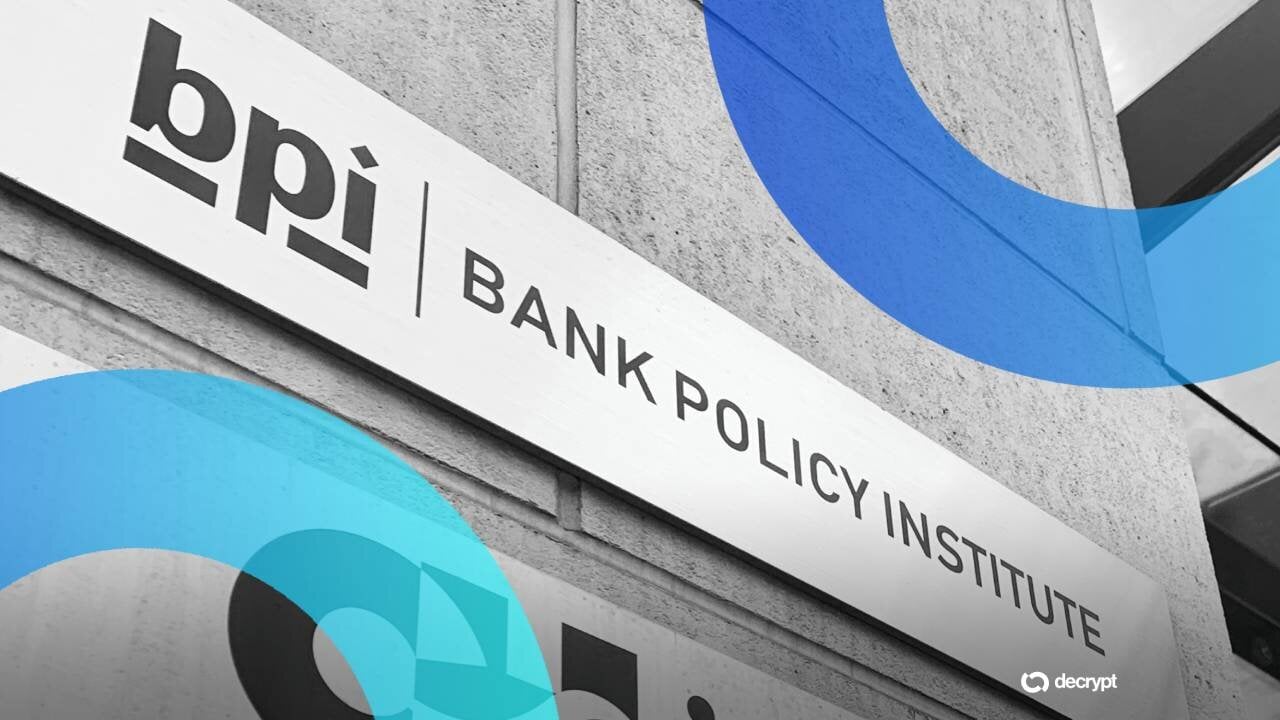Banking Giants Demand US Senate Fix Critical Loopholes in Landmark Stablecoin Legislation

Wall Street meets crypto—with a side of regulatory panic. Major banking groups are turning up the heat on lawmakers to fast-track fixes for America's shaky stablecoin framework.
The gaping holes
Industry heavyweights claim the current draft leaves dangerous ambiguities around reserve requirements and issuer oversight. One anonymous exec quipped: 'Nothing unites bankers like the fear of someone else printing money better than they can.'
Why it matters
With stablecoins now processing more daily volume than Visa, the stakes couldn't be higher. The Senate's move could either cement US dominance in digital finance—or send innovation fleeing offshore (again).
Bottom line: When traditional banks start begging for clearer crypto rules, you know the revolution's gone mainstream. Now watch them lobby for exemptions once the ink dries.
A “relatively low” threat
Musheer Ahmed, Founder & MD of Finstep Asia, told Decrypt that the threat posed by stablecoins to traditional bank deposits is “relatively low given most retail users are unlikely to jump to stablecoin providers till they gain trust."
Even if deposits do shift away from traditional banks, Ahmed suggested that the impact may be manageable since "crypto lending will pick up, likely making up the gap" and "more stablecoins in circulation could lower interest rates and balance this issue out."
He advocated for clearer regulatory guidance, calling it "prudent to have SEC/CFTC issue guidelines on crypto-based lending" given past enforcement actions on unauthorized crypto lending.
The banking groups urged Congress to “extend the stablecoin issuers interest prohibition to cover digital asset exchanges, brokers, dealers, and affiliated entities” to prevent circumvention of the GENIUS Act, according to a Law360 report.
They also called for removing the approval pathway that lets non-financial firms issue stablecoins, warning it poses “serious risks and marks a major shift in federal policy,” and for repealing the provision allowing state-chartered issuers to operate nationwide without added oversight.
The GENIUS Act signing ceremony in July drew major crypto industry figures, including Coinbase CEO Brian Armstrong, Circle CEO Jeremy Allaire, and others, pointing to broad industry support for the federal framework despite widespread criticism from political figures including Senator Elizabeth Warren (D-MA).
Major stablecoin firms are moving fast to capitalize on the new framework, with Paxos filing for a national trust charter with the Office of the Comptroller of Currency, following similar applications from Circle and Ripple.

